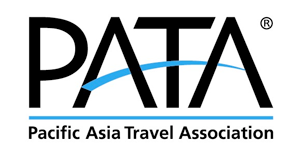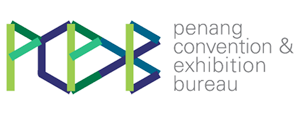As global trade policies evolve rapidly, the hospitality industry is confronting a new set of challenges—particularly in the procurement of furniture, fixtures, and equipment (FF&E). Rising tariffs, especially on Chinese imports, are causing a ripple effect across sourcing strategies, pricing structures, and decision-making timelines for hospitality developers and manufacturers worldwide.
Industry veterans Carl Long, Executive Vice President at Purchasing Management International (PMI), and Steven Bramson, CEO of U.S.-based outdoor furniture manufacturer DecoScape, offered key insights into this shifting landscape.
1. Global Supply Chains Rethink China Dependency
For over two decades, China has been the primary hub for hospitality manufacturing. However, with proposed U.S. tariffs reaching as high as 145% on some Chinese imports, developers are seeking more stable and cost-effective alternatives. Countries such as Turkey, Italy, Portugal, Colombia, Indonesia, and North American neighbors like Canada and Mexico are gaining traction.
“The Chinese government’s control over production has made it impossible for the international community to compete fairly,” Long stated. “While some products still rely on China’s quality, the overdependence doesn’t make long-term sense.”
Steven Bramson echoed this sentiment, noting a client shift toward domestic sourcing for its predictability and quality assurance. “It’s not just about saving costs anymore—it’s about securing the supply chain,” Bramson said.
2. Uncertainty Slows Down Decision-Making
With tariff policies in flux, many developers are hitting pause on procurement. “This level of uncertainty is slowing down everything,” said Long. Without confirmed budgets or clarity on tariffs, decisions are delayed or shelved.
Manufacturers are bearing the brunt as well. Bramson reported that clients are pressuring suppliers to absorb tariff impacts—adding to financial strain and further delaying production timelines. However, a temporary 90-day tariff pause, effective from April 10, has triggered a short-term rush to fulfill existing orders.
“If you can manufacture and ship within this window, do it now,” Long urged. “We’re racing against the clock.”
3. Full Supply Chain Transparency is Crucial
Understanding where every component of a product originates is now essential. A chair assembled in China but composed of North American parts may fall under a different tariff category than expected.
“Knowing the full origin story of a product matters,” Long stressed. “Procurement teams must dig deeper—vendor-by-vendor, component-by-component.”
He advised clients to remain patient and avoid rash decisions, emphasizing careful evaluation of vendor exposure and cross-border costs.
4. Rising Costs Set a New Industry Standard
Long warned that even if trade conditions stabilize, the industry is unlikely to return to pre-tariff cost structures. “We’re entering a new cost era,” he said. “Hospitality projects that were once budgeted at $25 million may now cost $30 million. That extra cost will affect everyone, from developer to end consumer.”
In the long run, the shift may yield benefits by strengthening local and diversified manufacturing bases. However, for now, developers are bracing for higher prices, adjusted budgets, and potentially increased room rates.
“It’s painful in the short term,” Long admitted, “but it could create a more balanced, competitive global market. If done right, it raises all boats—improving product quality, boosting local jobs, and creating more resilient supply chains.”
As the hospitality industry navigates these turbulent waters, one thing is clear: flexibility, transparency, and proactive planning will be vital to staying afloat in the new era of global trade.
- TAGS / KEYWORDS:
- trending#1
- Hot News


















.png)














